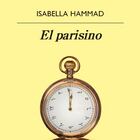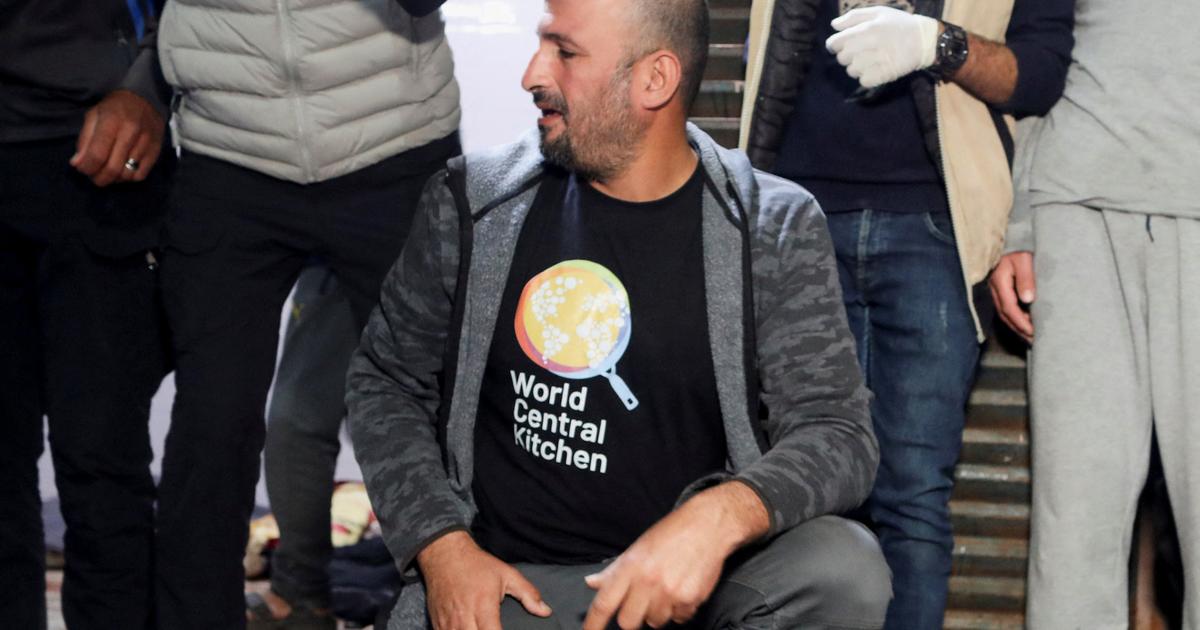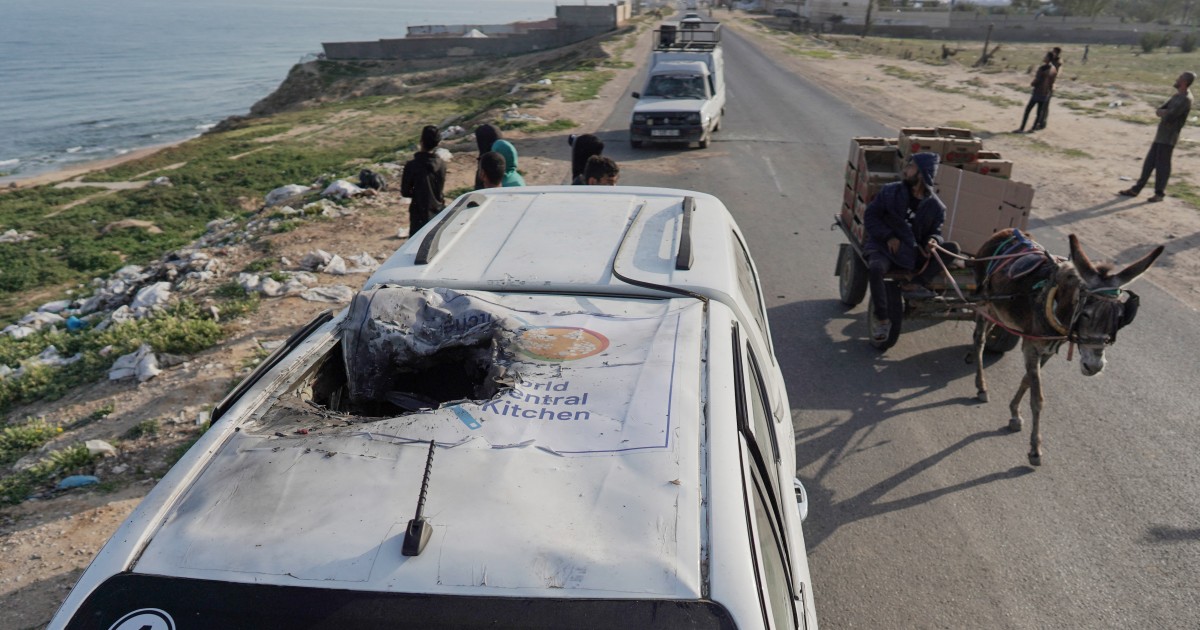In the twilight years of the empire, timing had become a problem. The official year continued to begin in March, a time when tax collectors hounded the
felahín,
the peasants. But the Christians used the Julian calendar reformed by Pope Gregory XIII, which began in January and had leap years and variations that depended on the liturgy; and although the Jews adapted their periods to the cycles of the earth, the Muslims adopted the lunar hegira and gradually became out of phase with the seasons.
When Midhat was small, all the inhabitants of Nablus, even non-Muslims, were ruled by the moon and, despite the introduction of the “Frankish” (or European) day by Sultan Abdul Hamid, they religiously adhered to the Arab day. According to the Muslims, the Almighty had arranged the universe in such a way that every day at sunset, the clocks of mankind should strike the twelfth hour, in line with the world clock. And so, when darkness came and the muezzins called for
magrib
(evening)
prayer
, the wealthy inhabitants of Nablus took the watch out of their pocket, pulled the crown with their fingernails and moved it so that the hands joined at twelve, before running to the mosque, if they wished.
When Midhat was very young, he slept in winter with his Tita, Um Taher. When he was five years old, the family moved to the other side of the walls of the old town, leaving a house with a collective courtyard and round rooms and settling in a modern building with private rooms and right angles that was at the foot of Mount Gerizim. He watched the seasons pass from the window of his new bedroom, with the snow-capped ridges of Jabal al-Sheikh, Mount Sheikh, on the horizon.
On the day that Midhat's father Haj Taher announced their second engagement, Tita claimed to have seen the float in the bush a month earlier.
Tita's prophecies were of no use to anyone, as she never knew what they meant at the time and only felt the resulting unease in retrospect.
Among other things, she had predicted the death of her husband.
"I saw a coffin on a blue carpet."
I saw the wooden point on the blue carpet, I was at my mother's house, and I saw her again when they brought Jaffa's coffin and placed it at my feet.
I lowered my eye immediately, this eye, and saw the tip of the coffin and the carpet underneath.
If Haj Taher had first married Midhat's mother, it was because of her.
The girl was from a good Jenin family and Taher had loved her.
"Your mother had green eyes."
From the eyes down, his face was almost smooth, like this. "And he pressed his fingers to his cheeks."
Wallah,
I swear, like a little boy.
La Tita did not reveal whether she had foreseen that the girl would die of tuberculosis.
Midhat was two years old at the time.
His father was in Egypt.
The house was filled with weeping women, and as the corpse was washed at the dining room table, the manager brought semolina cakes out into the yard, which Midhat crumbled with his hands.
Then he ran his tongue over his palms.
The moment the father appeared under the lintel, Tita gave a cry and clung to the edge of the table, as if she were going to faint.
This routine worked for years.
She was pleased with that chronometric economy, that impression that she was passing from one activity to another without wasting a single moment.
Haj Taher did not stay long in Nablus.
His fabric trade on Muski Street in Cairo was visibly prospering and increasingly in need of his attention, and although he had hired more shop staff and more young people to transport the Golan silks, he had not forgotten his advice. his father on the importance of personal relationships in commerce, and as in the Cairota vocabulary he began to be called
kamal
To the very good quality cloth, Haj Taher Kamal could not afford to delegate the management of his shop to others. Nor could he rely on anonymous couriers to collect silks from wholesalers. He had to be regularly in person at the point of sale and also travel north in person to pick up the goods, using only reps so that the sales volume did not decline. This incessant movement was exhausting, but profitable: it guaranteed the loyalty of the buyers and the sincerity of the sellers. In addition, travel made life more enjoyable for him, he would go through Nablus on the way, visit his agent Hisham at the local store, spend an afternoon with his mother and young son and return to Muski Street to do the accounting. After the funeral of his wife and returning to Cairo he had a desire to resume the journey,but work left him no time for regrets. The holidays were approaching, sales were skyrocketing, and he needed to stay in Cairo to check on the business.
He spent his mornings in the back room, sitting at a sandalwood table and writing in the books. In the afternoon he dealt with customers. This routine worked for years, with such an exact rhythm that almost every day when the aide knocked on his door to remind him that it was time to eat, he had just entered the last digit in the ledger. She was pleased with that chronometric economy, that impression that she was moving from one activity to another without wasting a single moment.
However, this routine was altered shortly after the wife's death. Having learned of his widowhood, a motley squad of Cairo merchants began to pester him in the morning, and the hours he spent on accounting stretched unhappily into the afternoon. Every two days one would show up, cautiously approach his desk, puff out his chest and begin to describe the virtues of his daughter. Haj Taher thanked everyone for the offer, but declined. However, after a few weeks those approaches began to take their toll on him and the polite refusals gave way to the resentful acceptance of some invitations. After more time, the flattery also began to take effect, and the acceptances became ceremonial.For it was becoming apparent that he deserved to remarry and marry well. Haj Taher had a nose for business and an eye for the fickleness of fashion and favors, and knowing that at the moment he was a wealthy merchant, famous among the ladies, he planned to profit from it.
Memories of Midhat began to set in around this time. His father became a vague figure: a thick knee, a voice from across the room
There were no women among his Egyptian relatives and consequently he had no one to inspect the applicants. He could have turned to his mother, but he supposed her still mourning the late daughter-in-law, so he dismissed the possibility. Consequently, he hired a friend named Rabab, a lively dancer with whom he often slept after his performances in Zamalek. Rabab, in exchange for a small stipend, agreed to research the young women on offer and discreetly select families based on reputation. A week passed and on Thursday night he surprised Rabab by donning a robe backstage. Smiling with his mouth closed, he showed her a list that he had written on the back of a restaurant menu. Her family was wealthy, but the mother was a sow, she reported.This other had three sisters and was the least attractive of all. A shame; his two older sisters were very nice. This other was not rich, but the family was nice. Well known, loved by the people. Pretty? So so, very small teeth. And this other was Coptic. Irritating. Of course, she was the most beautiful of all ...
-As it is called?
Asked Taher.
–Layla.
The family is neither meat nor fish.
Well-off, but no frills.
- What is the mother like?
-Nice.
And attractive.
It didn't take long to make up his mind.
He wrote to Layla's father to tell him that he accepted and in a few days they agreed on the signature on the book and the date of the betrothal.
Only then did he invite his mother, who was still in Nablus, to attend the ceremony, although the woman did not participate in the trills or dance.
Layla had thick hair and a turtleneck and, according to tradition, she did not adopt the stepson.
She was particularly reluctant to touch, and whenever she could, she released Midhat's fingers from her husband's thumb.
Since Layla preferred to stay close to her family, Haj Taher's visits to Nablus were further spaced.
From then on it was normal for him to send a representative to see how the store was doing and to book the trips to the Golan.
Midhat stayed with Tita on Mount Gerizim for longer and longer periods.
Memories of Midhat began to set in around this time.
His father became a vague figure: a thick knee, a voice from across the room.
La Tita was a breast pillow that smelled of rose water and sweet violets.
Layla was a bony wall.
His mother, a soft nothing.
Since Taher and Layla rarely appeared in Nablus, rumors of their wealth began to spread in the classrooms.
Midhat had a cousin named Jamil, who lived below them, and he had heard that Haj Taher had become rich because he had found pharaonic remains in his garden in Cairo.
Tita burst out laughing.
I was crouched in the door, fixing I don't know what.
–Remember what I tell you, children: the most unfortunate people are the envious.
There was a memory about his father that stood out from the rest.
With the passage of time he did not know how old he was then, but with the uncertainty the image acquired the condition of a myth or a dream described by heart
But when Taher visited Nablus, Tita would glare at her new daughter-in-law. Taher snapped pumpkin seeds with his teeth and Midhat stared at his broad knee, which shook as the adult reached for the bowl. He liked the square hollow that his father's leg formed, with his ankle resting on the other's thigh and, stimulated at the time by the need to cover holes, he wanted to crawl under his father's legs and get up inside. of that closed space. Later, the crossed legs, and the wide hanging foot with its smooth leather upper, were transformed into a rocker, perfect for sitting. Layla watched beside him.
There was a memory about his father that stood out from the rest. With the passage of time he could not say how old he was then, six years, seven, but with the uncertainty the image acquired the condition of a myth or a dream described by heart, and it occupied an inordinate space in his mind, because although it had to have lived very similar mornings, that was the one that lasted.
In memory, the morning dawned on Mount Gerizim and in the pantry the lid of the bread tin clinks. Next to the door are two travel bags. And there is
Baba,
with the fez and the brown wool coat, who murmurs good morning and leans over to give him a kiss. The breath is human and sweet and under the mustache are two red, inflamed, visible pores. Midhat, at the gate, sees him tie the bags to both sides of the horse.
Babá
rides and stops before leaving to look at her son. The damp emanations of the morning hang over the distant olive trees with a bluish tinge and Haj Taher, Abu Midhat, descends into the mist.
It was spring when a letter arrived announcing Layla's pregnancy. Tita clapped her hands and the women came over to congratulate her. After that the months passed without receiving any letter or telegram. Summer came and the sky poured heat waves. The bricks of the houses turned ash white. The moths died while they flew. The suffocating simun blew in dust and dried up four Nablus fountains. And when the rains came, they were torrential.
Midhat thought at first that the storm had awakened him. Then he heard voices. As he approached the door, he saw his father's bundle in the hall, bathed in the light of a lamp on the floor, shaking the water from his arms. Tita approached him and entered the fence of light, gathering cloth garments in the dancing darkness. The next time he woke up it was morning and his grandmother was sitting up in bed. He grabbed her ankle above the blanket and said quietly, “Your father is here. He is saddened by the death of the child ”. The father's clothes, deformed by the humidity, hung for days from the hooks on the kitchen wall.
When the next creature was born, Taher and Layla returned to Nablus to live there.
Soon after, Midhat was sent to study in Constantinople.
His cousin Jamil had already finished his first year on the Mekteb-i Sultani, so the journey was not as scary as it could have been.
The truth is that throughout the year he had envied Jamil, who at thirteen years old looked like an adult and treated the study books that he brought with him during the holidays with great carelessness.
Midhat had seen them in his cousin's bedroom, lying on their head on the floor, their backs visible, and he struggled to decipher the titles.
When he left, he felt the journey less as a departure than as an approach.
The parisian
Isabella Haddad.
Translation by Antonio-Prometeo Moya Valle.
Anagram, 2021. 720 pages.
24.90 euros.
Look for it in your bookstore
You can follow BABELIA on
and
, or sign up here to receive
our weekly newsletter
.









